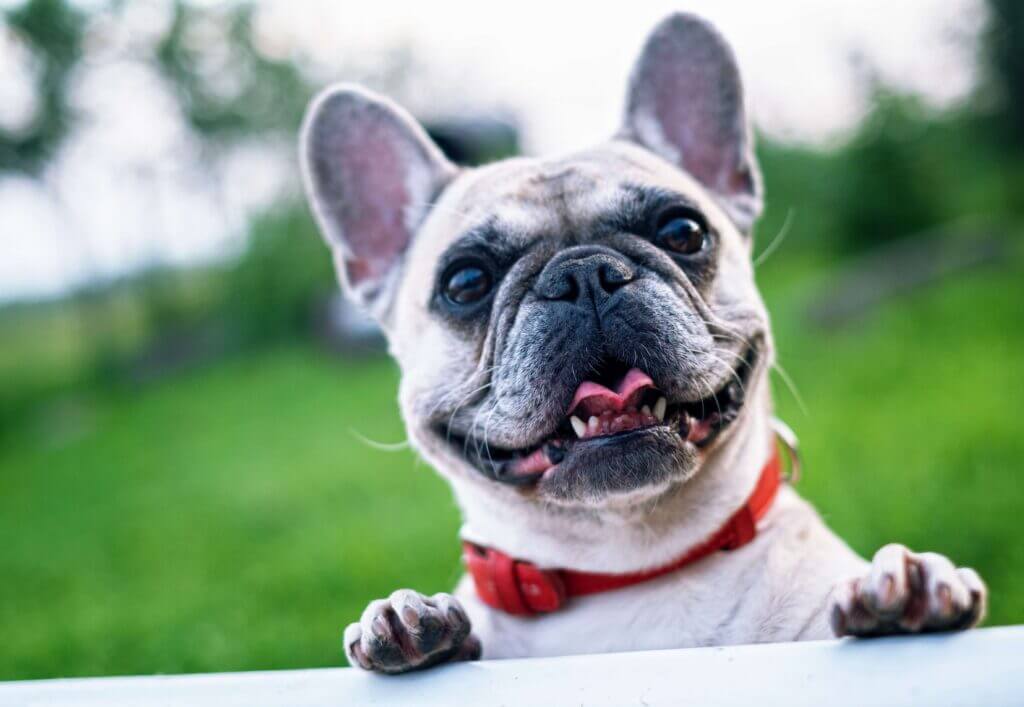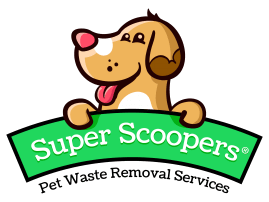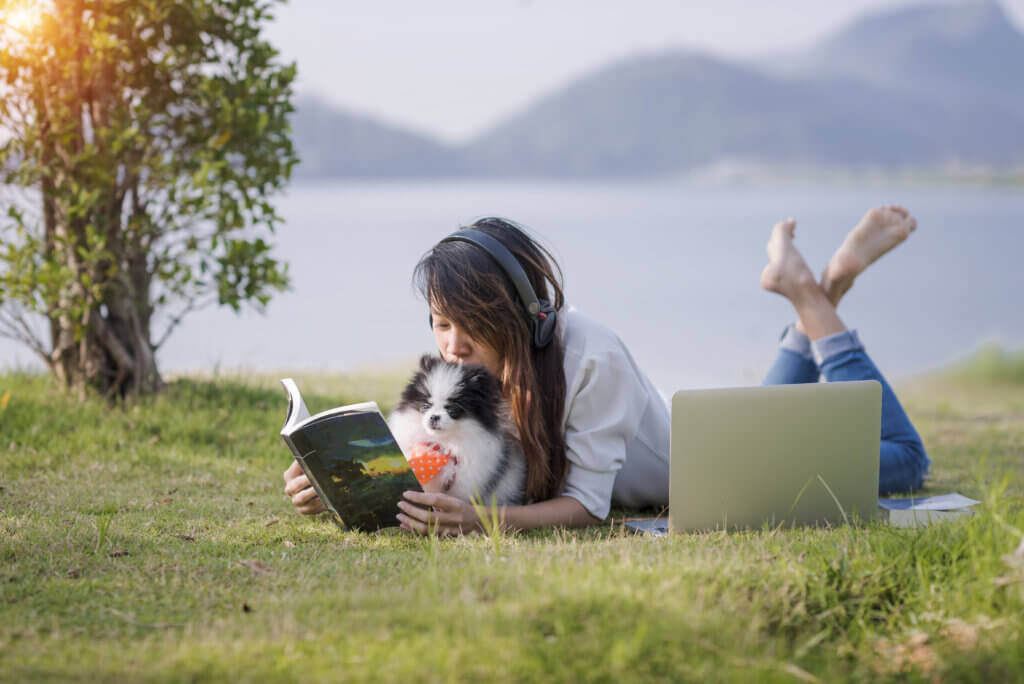How Do I Stop My Dog From Eating Its Own Poop?

It’s a beautiful sunny day, but it’s about to take a turn for the worse. You let your beloved pooch outside, but as you watch them scamper happily about, you see your dog starts eating their own poop in the yard! Ugh! How did this happen? How do you stop this disgusting habit?
Believe it or not, this is a very common question we get from a lot of our clients. Coprophagia, or the consumption of feces, is a bad habit many dogs develop. According to Dr. O’ Grady & Dr. Townsend at Barbour Lane Animal Hospital, your dog’s habit of eating its own poop can be attributed to a variety of factors:
- Lack of vitamin B or other nutrients in their food
- Appetizing smell
- Boredom
- Seeking attention
Although this habit may develop at any time throughout a dog’s life, many times it starts while the dog is still a puppy. If left unchecked, the habit has the potential to continue to adulthood. Coprophagia can also have harmful health effects: if your dog consumes a stool infected with intestinal parasites, they would then be transmitted to your pet.
Luckily, John Imler of Top Dog Training says you can take several measures to stop a dog from eating its own poop. When you adopt a puppy into your new home, here are a few recommendations:
- Use a high quality dog food to provide a balanced diet for your puppy.
- Keep your yard clean so that your dog doesn’t have the opportunity to find feces to consume.
- When house training, don’t excessively punish your dog’s accidents by sticking their nose in their poop. This could backfire in several different ways:
- Your dog might develop a taste for feces during the punishment
- Your dog might try to “hide the evidence” from you in the future by eating the poop.
- It demonstrates to your dog that the accidents will get them attention, which could encourage them to continue the behavior in the future.
If your dog has already started to eat its own poop, it is a good idea to meet with a veterinarian to make sure there are no medical conditions contributing to the behavior. Afterwards, Imler says you can take a 3-step approach to discourage your dog from consuming poop in the future:
- Management: Clean up after your dog’s poop immediately when they defecate so that it’s not around to tempt them.
- Lifestyle: Keep your dog active, exercised and entertained so that they will be less likely to eat their own poop out of boredom or seeking attention.
- Training: Work with your dog on the “come’ command so that you are effectively able to call them away from a pile of poop.
Some of our clients have also had luck with the use of coprophagia deterrent tablets. These are small daily chewables that you give to your dog to make their feces smell and taste less appetizing. You can find them at about any pet supply store. If you try this method, it is essential that every animal in the household takes the tablets, otherwise your pup might simply switch to eating their playmate’s stools instead of their own. We also advise that while this method may be the easiest solution, every dog is different, so the tablets may not be effective for every dog.
Thank you to Mary O’ Grady & Blake Townsend of Barbour Lane Animal Hospital and John Imler of Top Dog Training for their expertise. You can visit them and learn more at http://barbourlaneanimalhospital.com/ and https://www.topdogtrainingky.com/


